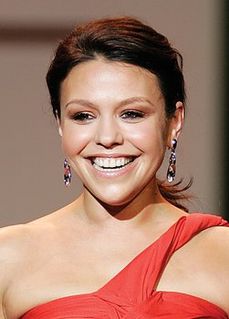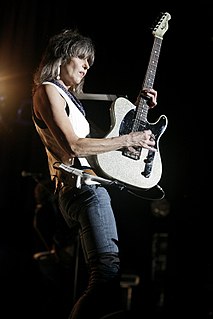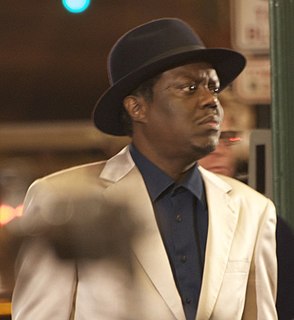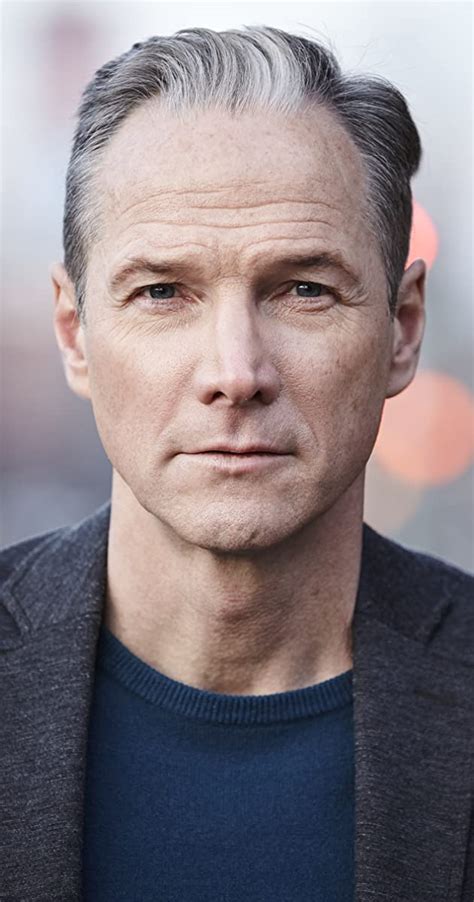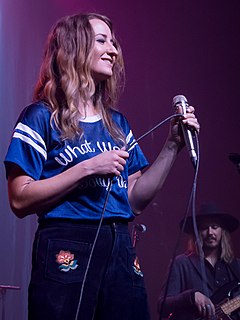A Quote by Winona Ryder
I approached work very seriously. I never went out. I couldn't fathom people who could go out to clubs... I mean, if I had a 6 A.M. call, I had to be prepared. I had to be in bed at a certain hour.
Related Quotes
When I started acting, I had a really strong discipline of knowing that you had to be on time, knowing that you had to work 12 to 16 hours a day, knowing you had to be prepared, knowing you had to be ready, and it's very interesting because if you're an artist and you're creating, you can work very, very long hours but as you're putting out that love of creation, it's almost like you're charged by it, you're charged by the process of it.
You gotta call it out first; it always has to be called out when we need social change, but this is how social change happens: you call it out. People had to call out child labor. People had to call out, 'Hey time's up; we need to vote. We live in this country.' People had to call out 'time's up' on enslaving people, you know.
I mean the people who seriously, seriously play devote their lives to it sort of the way monks do. I mean you don't date, you go to bed at a certain time, you eat certain ways, you practice 10-12 hours a day. And I mean, the difference between practicing three hours a day and practicing 12 hours a day is everything. And I certainly never - I never trained seriously after the age of 16.
There are times when you have sharp elbows, and people are trying to muscle you out of certain meetings - because then people could leak to the press that you had a role in certain decisions. I, at twenty-six, was very impatient and didn't know how to keep my powder dry. I was running a team of seventy-five people when I had never been a boss. I was the worst boss ever.
My mom worked in restaurants for 60 years, and what I learned from her is a lot. But if I had to boil it down, take your work very seriously, but don't take yourself too seriously. Work harder than everyone else and never complain about it. Don't go to bed if you're not proud of the product of your day; stay awake until you are.
There was some sadness in how that could happen, Tai thought: falling out of love with something that had shaped you. Or even people who had? But if you didn't change at least a little, where were the passages of a life? Didn't learning, changing, sometimes mean letting go of what had once been seen as true?
A lot of people are like, "Oh, it's so much easier to be a supermodel now because you have Instagram. You don't even need an agency anymore." But that's just not true. I still had to go to all the castings, I still had to go meet all the photographers, I still had to do all of that to get to where I am now. There wasn't a step taken out just because I had social media. I still have 12-hour days, I still have even 24-hour days sometimes; I still have to do all those things. We don't work any less hard than the '90s models did when they were young.
I really felt that I had to stay level, I had to control, I had to know what I was eating, I had to know what I was doing, I had to work out. All that stuff is very powerful and it really helps, but now I don't do it out of survival. At first, I was just trying to survive. I assumed at some point I'd be screwed otherwise.
I was never too interested in high school. I mean, I never went to a dance, I never went out on a date, I never went steady. It became pretty awful for me. Except, of course, I could go see bands, and that was the kick. I used to go to Cleveland just to see any band. So I was in love a lot of the time, but mostly with guys in bands that I had never met. For me, knowing that Brian Jones was out there, and later that Iggy Pop was out there, made it kind of hard for me to get too interested in the guys that were around me. I had, uh, bigger things in mind.







